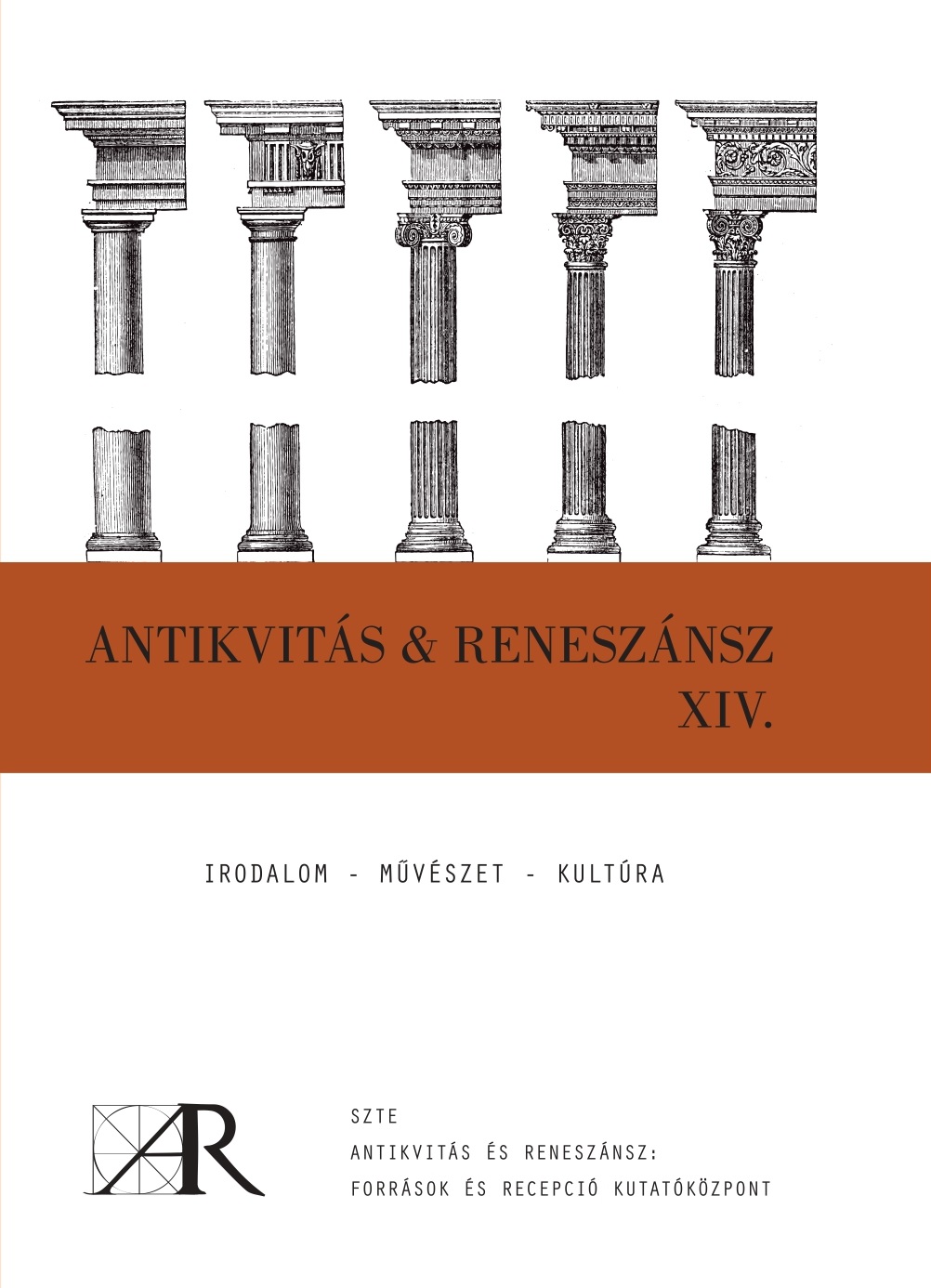16th-century Hungarian political conditions through the eyes of a Ferrarese humanist – The De concordia of Celio Calcagnini
Main Article Content
Abstract
Celio Calcagnini, a humanist from Ferrara, arrived in the Kingdom of Hungary in 1517 with the attendance of Bishop Ippolito d’Este of Eger and spent a year and a half in the country. During this period (and even after his return to Italy), he maintained a correspondence with many Hungarian humanists, and his astronomical work Quod coelum stet, terra autem moveatur, which anticipated the Copernican world view, was also written in Hungary. One of the most remarkable pieces of his oeuvre, both in terms of genre and topic, is De concordia, dedicated to György Szatmári, which reflects on and expresses his concerns about contemporary Hungarian political conditions. Calcagnini uses a number of literary examples from antiquity to convince Hungarians of the need for unity against the Ottomans, while at the same time warning off the fate that awaited the country in its absence. The aim of my study is to bring Calcagnini’s figure back into the field of research in Hungary and to present the tropes, sources, and unique features of De concordia.
